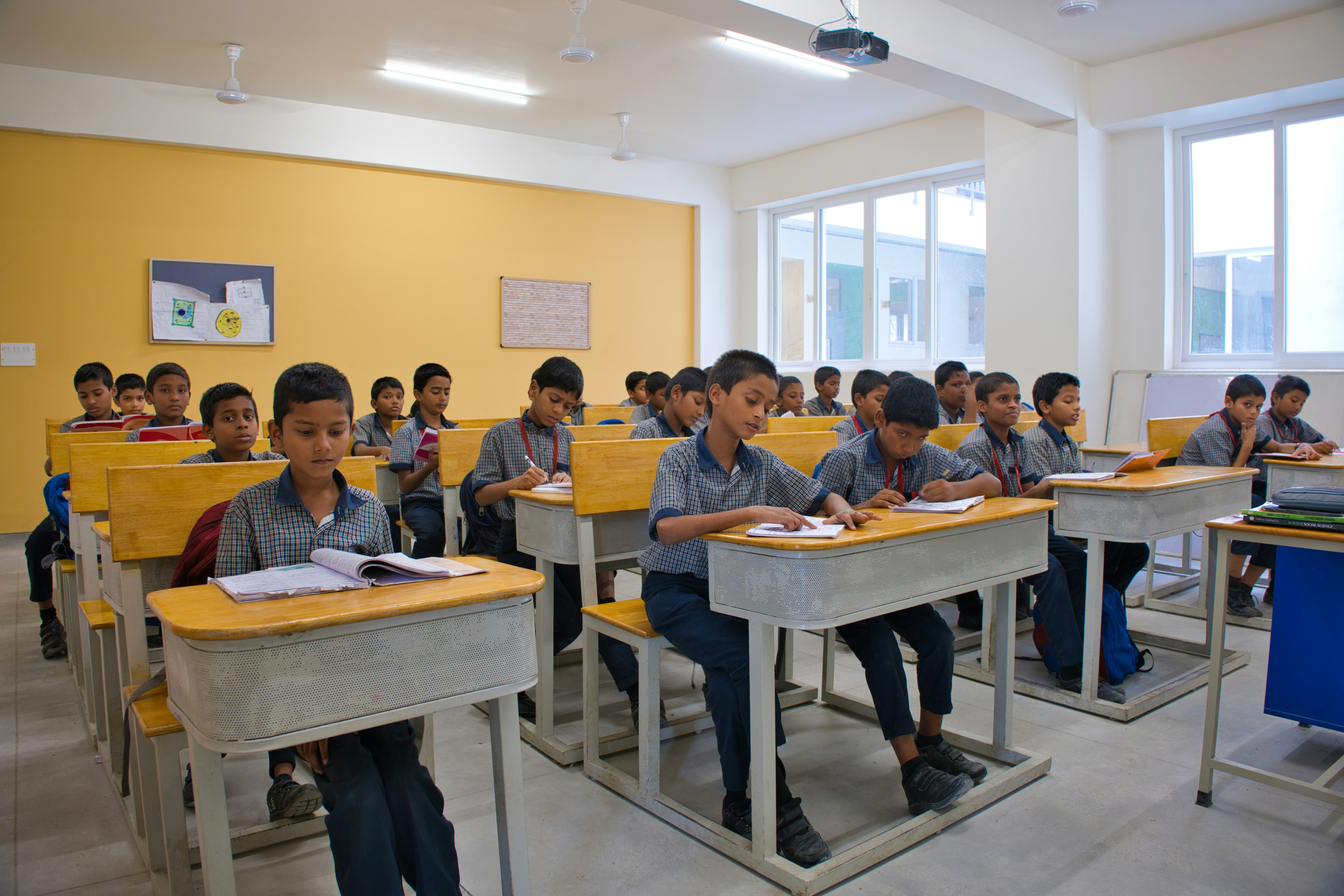
Arts education is critical in shaping young minds and fostering essential life skills. By introducing children to music, visual arts, theater, and dance, schools provide opportunities for creative expression and personal growth. Students in arts education often develop stronger problem-solving abilities and gain confidence in expressing their ideas. Furthermore, integrating arts into the curriculum helps create well-rounded learners who can approach challenges from multiple perspectives.
In addition to cognitive growth, arts education enhances emotional intelligence. Children learn to identify and express feelings through various art forms, which supports social development and empathy. When students collaborate on creative projects, they build teamwork skills, learn conflict resolution, and appreciate diverse perspectives. This combination of emotional and intellectual growth ensures that future generations are capable and compassionate leaders.
Boosting Creativity and Critical Thinking
Creativity and critical thinking are essential skills in the 21st century, and arts education provides the perfect environment to develop them. When children explore different artistic media, they experiment with new ideas, solve design challenges, and make decisions that require innovation and reasoning. These experiences translate into improved problem-solving skills in academic subjects and real-world scenarios.
Moreover, arts programs encourage students to question assumptions and think outside the box. For example, a theater class may ask students to reinterpret classic literature, prompting critical analysis and imaginative solutions. Similarly, visual arts projects often require planning, reflection, and iteration, strengthening analytical and strategic thinking. These exercises equip future generations with the tools to approach complex problems with creativity and confidence.
Enhancing Academic Performance
Research consistently shows that students who participate in arts education demonstrate higher academic achievement. Arts programs stimulate brain regions responsible for memory, attention, and spatial reasoning, positively affecting performance in math and reading subjects. Schools prioritizing arts education often report improved test scores, higher graduation rates, and increased student engagement.
Integrating arts education into core subjects can make learning more meaningful and memorable. For instance, incorporating visual arts into history lessons helps students visualize events and retain information more effectively. Similarly, music can reinforce language patterns and improve reading comprehension. By connecting creativity with academics, arts education ensures that future generations gain knowledge and the skills to apply it innovatively.
Building Social Skills and Community Engagement
Arts education encourages collaboration, communication, and leadership—skills vital for success in any career. Group projects, performances, and exhibitions teach students how to work together toward a common goal, manage responsibilities, and celebrate achievements collectively. These experiences foster a sense of belonging and community, reinforcing the value of teamwork in personal and professional contexts.
Moreover, participation in arts programs often extends beyond the classroom. Students may perform in local theaters, contribute to community murals, or organize exhibitions that engage their neighborhoods. Such involvement strengthens civic awareness and instills a lifelong appreciation for cultural participation. By fostering these connections, arts education helps future generations become active, culturally informed citizens.
Promoting Mental Health and Emotional Well-being
The pressures of modern education and social life can take a toll on young people, making mental health support essential. Arts education offers a creative outlet for stress relief, self-expression, and emotional regulation. Activities like painting, music, or dance allow children to process emotions safely and constructively. This process reduces anxiety and frustration and strengthens resilience, an invaluable skill for navigating life’s challenges.
Furthermore, arts programs provide a sense of accomplishment and pride. Completing a performance, finishing a painting, or mastering a musical piece gives students tangible evidence of their growth. This boosts self-esteem and motivates continued learning and exploration. By supporting mental and emotional well-being, arts education ensures that future generations develop holistically, with the skills to thrive academically, socially, and personally.
Fostering Cultural Awareness and Diversity
Arts education introduces students to global traditions, histories, and perspectives. By studying different art forms and cultural expressions, children develop respect for diversity and an understanding of cultural heritage. Exposure to varied artistic practices fosters open-mindedness, tolerance, and appreciation for perspectives different from their own.
This cultural awareness also prepares students for an increasingly interconnected world. Collaborating with individuals from diverse backgrounds is crucial in professional settings. Arts education lays the foundation for these competencies, ensuring that future generations can navigate global challenges with empathy and creativity.
Preparing for Careers in the Creative Economy
As the creative economy grows, arts education becomes even more relevant. Design, media, entertainment, and technology industries highly value innovative thinking, problem-solving, and innovation—all skills honed through arts programs. By equipping students with these abilities, schools prepare them for careers where creativity drives success and adaptability is key.
Even beyond creative industries, the skills gained from arts education benefit any profession. Critical thinking, collaboration, communication, and resilience are universally sought after. Therefore, investing in arts programs nurtures individual talent and contributes to a workforce capable of shaping a dynamic and innovative society.
Arts education offers far-reaching benefits that extend beyond traditional academics. By fostering creativity, critical thinking, social-emotional growth, cultural awareness, and career readiness, arts programs shape well-rounded individuals who can thrive in diverse contexts. Prioritizing arts education ensures that future generations have the skills, confidence, and empathy to navigate complex challenges and contribute positively to society. Therefore, investing in arts education is an investment in a brighter, more innovative, and compassionate future.